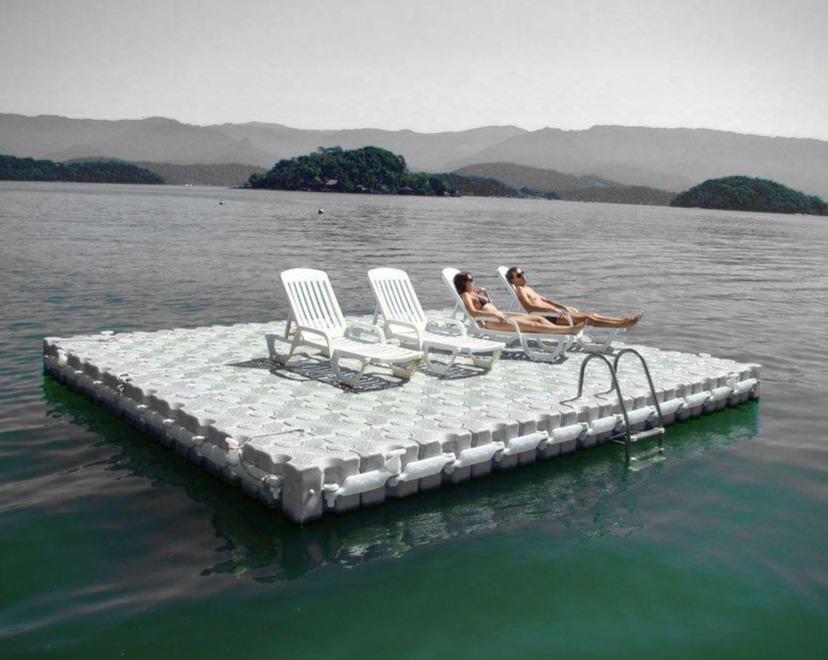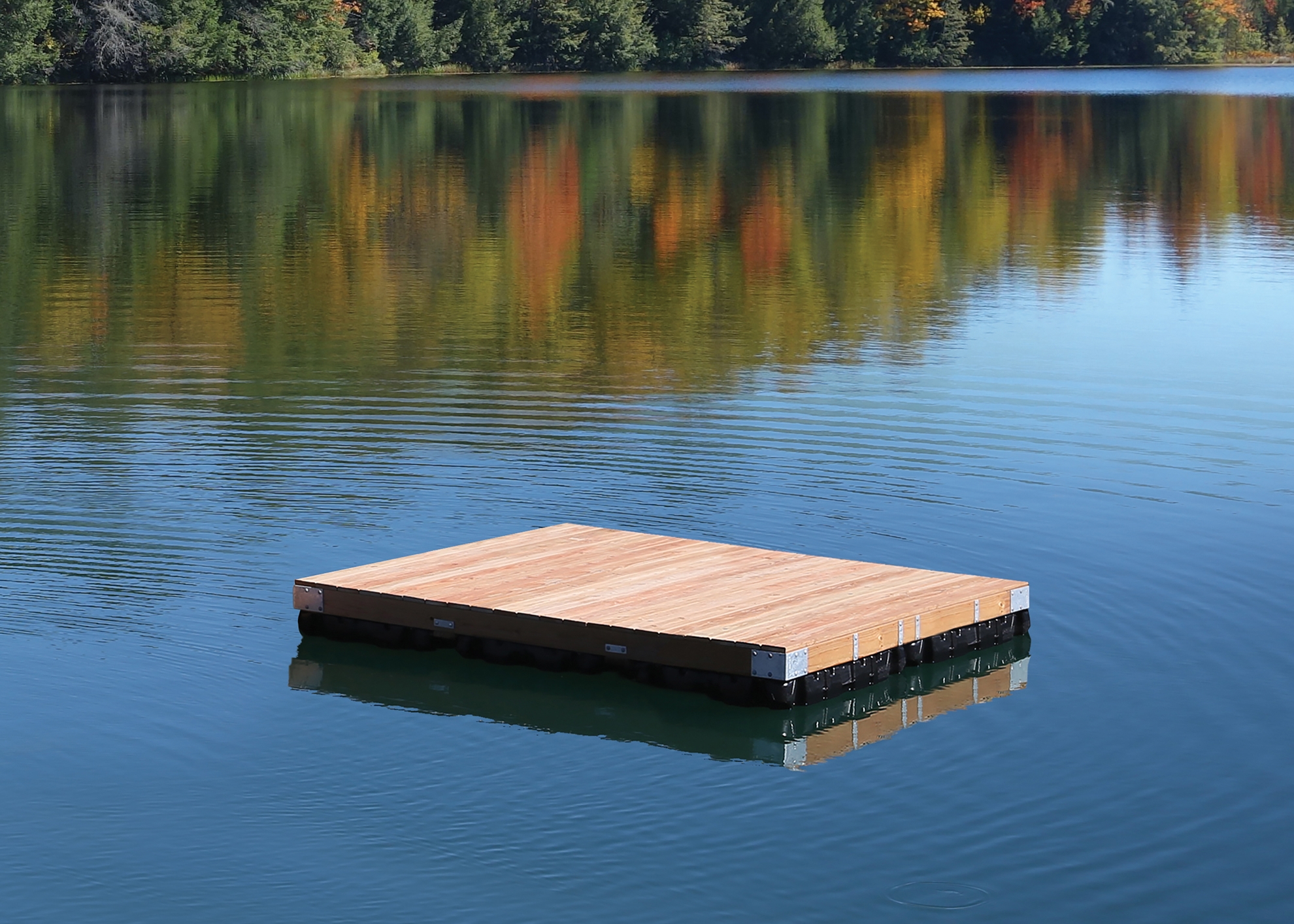Just how to Select the Right Floating Dock Builder for Your Personalized Dock Demands
Just how to Select the Right Floating Dock Builder for Your Personalized Dock Demands
Blog Article
The Ultimate Overview to Picking the Finest Floating Docks
Selecting the ideal floating dock requires a thorough understanding of various components that influence both efficiency and durability. Aspects such as dock kinds, materials, and crucial features significantly impact your decision-making process. In addition, factors to consider around setup and budget plan can even more make complex the choice. By taking a look at these elements methodically, one can make certain an investment that not just satisfies prompt needs but likewise improves overall building worth. As we explore these crucial components, it ends up being clear that the right selections can bring about a long-term and practical solution customized to your details requirements.
Understanding Floating Dock Kind
When choosing a floating dock, it is important to understand the numerous kinds readily available, as each offers distinctive purposes and applications. Floating docks primarily fall right into 3 categories: modular, fixed, and pontoon docks.
Modular docks are made up of individual sections that can be quickly assembled or reconfigured, making them ideal for altering water degrees and diverse usages, such as entertainment activities or business operations. Their adaptability permits customization based upon specific needs.

Pontoon docks are identified by their resilient structure, typically made up of numerous pontoons that offer security and assistance. They are especially well-suited for bigger vessels and are commonly made use of in marinas or for waterside properties. Understanding these types aids in picking the most ideal floating dock to satisfy details demands, making certain optimum performance and safety.
Trick Products for Longevity
Picking the ideal products for floating docks considerably influences their longevity and durability. One of the most usual materials consist of timber, plastic, metal, and composite products, each offering distinctive benefits and restrictions.
Wood, often favored for its aesthetic charm, calls for regular maintenance to stand up to moisture and decay. Pressure-treated lumber can enhance resistance to rot, but it may still be prone to parasites and weathering.

Plastic docks, constructed from high-density polyethylene (HDPE), are immune to deterioration, UV radiation, and effect, making them a popular choice for coastal environments. Their lightweight nature also helps with very easy setup and moving.
Metal docks, typically constructed from light weight aluminum or galvanized steel, provide exceptional toughness and resilience. They are resistant to deterioration, specifically when dealt with, yet may require additional insulation to avoid heat buildup in hot climates.
Composite materials, incorporating wood fibers and plastics, supply the benefits of both timber and plastic, resisting moisture and fading while calling for marginal maintenance. - floating dock company
Inevitably, the option of materials ought to line up with ecological conditions, planned use, and upkeep preferences to make sure the floating dock stays useful and cosmetically pleasing in time.
Important Functions to Consider
While the option of find more info products is crucial, taking into consideration essential functions for floating docks is equally vital to make sure optimal performance and user complete satisfaction. One key function to evaluate is the dock's buoyancy capability, which identifies just how much weight it can support without immersing. floating docks. This is crucial for fitting boats, personal boat, and even entertainment tasks
In addition, mobility is a considerable factor to consider. Depending upon your demands, you may want a dock that is easy to disassemble and deliver, specifically if you prepare to transfer it seasonally. Security is one more necessary feature; a properly designed floating dock ought to decrease movement brought on by wind and water currents, providing a safe system for users.
Safety and security functions, such as non-slip surfaces and rounded edges, are also essential to avoid crashes, especially in wet problems. Take into consideration the schedule of accessories, such get more as cleats, ladders, and bumpers, which can improve the functionality of your dock.
Setup and Upkeep Tips
Setting up and keeping a drifting dock calls for careful preparation and attention to detail to ensure its long life and optimum performance. Begin by selecting an ideal place that minimizes direct exposure to strong currents and waves, which can cause wear and tear. Ensure that the water depth suffices for the dock's height and that it is anchored firmly to stop activity.
During setup, adhere to the maker's standards closely, as incorrect assembly can jeopardize stability. Usage top notch products immune to deterioration, such as aluminum or treated timber, to improve sturdiness. Regularly inspect all components, consisting of floats, adapters, and securing systems, for indicators of damages or wear.
If your dock uses flotation tools, ensure they stay undamaged and cost-free from slits. By adhering to these installment and maintenance ideas, you can delight in a dependable and practical floating dock for years to come.
Budgeting for Your Dock
Budgeting for your dock is a critical action that can dramatically influence your general fulfillment and investment in a waterside property. Developing a clear budget plan aids you navigate the different choices offered and ensures you make educated choices that straighten with your economic abilities.
Begin by identifying the size and layout of the dock you need, as these factors will greatly affect the cost. Floating docks can differ dramatically in cost, depending on materials, buoyancy, and features like ramps and accessories. Research study various makers and distributors to contrast costs and understand the marketplace value.
In addition to first costs, take into consideration ongoing expenditures such as maintenance, insurance policy, and possible see here fixings. Allot funds for these persisting prices to prevent shocks down the line. It's also sensible to spending plan for any kind of essential licenses or assessments, which might be required by neighborhood laws.
Lastly, maintain in mind the prospective roi. A tactical dock can boost your residential or commercial property's value and allure, providing a positive economic effect in the lengthy term. By budgeting properly, you can make certain that your dock satisfies your requirements without endangering your economic stability.
Conclusion
In verdict, choosing the ideal floating dock demands a complete assessment of different elements, including dock types, products, essential functions, and installation procedures. Prioritizing sturdiness and conformity with regional guidelines eventually improves performance and property value. Mindful factor to consider of monetary restrictions will certainly additionally make certain a sound investment. By adhering to these standards, individuals can make enlightened decisions that advertise lasting contentment and functionality in aquatic environments.

While the option of products is critical, thinking about essential attributes for floating docks is equally vital to ensure optimal efficiency and customer satisfaction.Setting up and preserving a drifting dock calls for cautious planning and focus to detail to guarantee its long life and ideal efficiency. Floating docks can vary significantly in price, depending on products, buoyancy, and features like ramps and devices.In conclusion, choosing the perfect floating dock requires a comprehensive analysis of different elements, including dock types, materials, important functions, and installation procedures.
Report this page